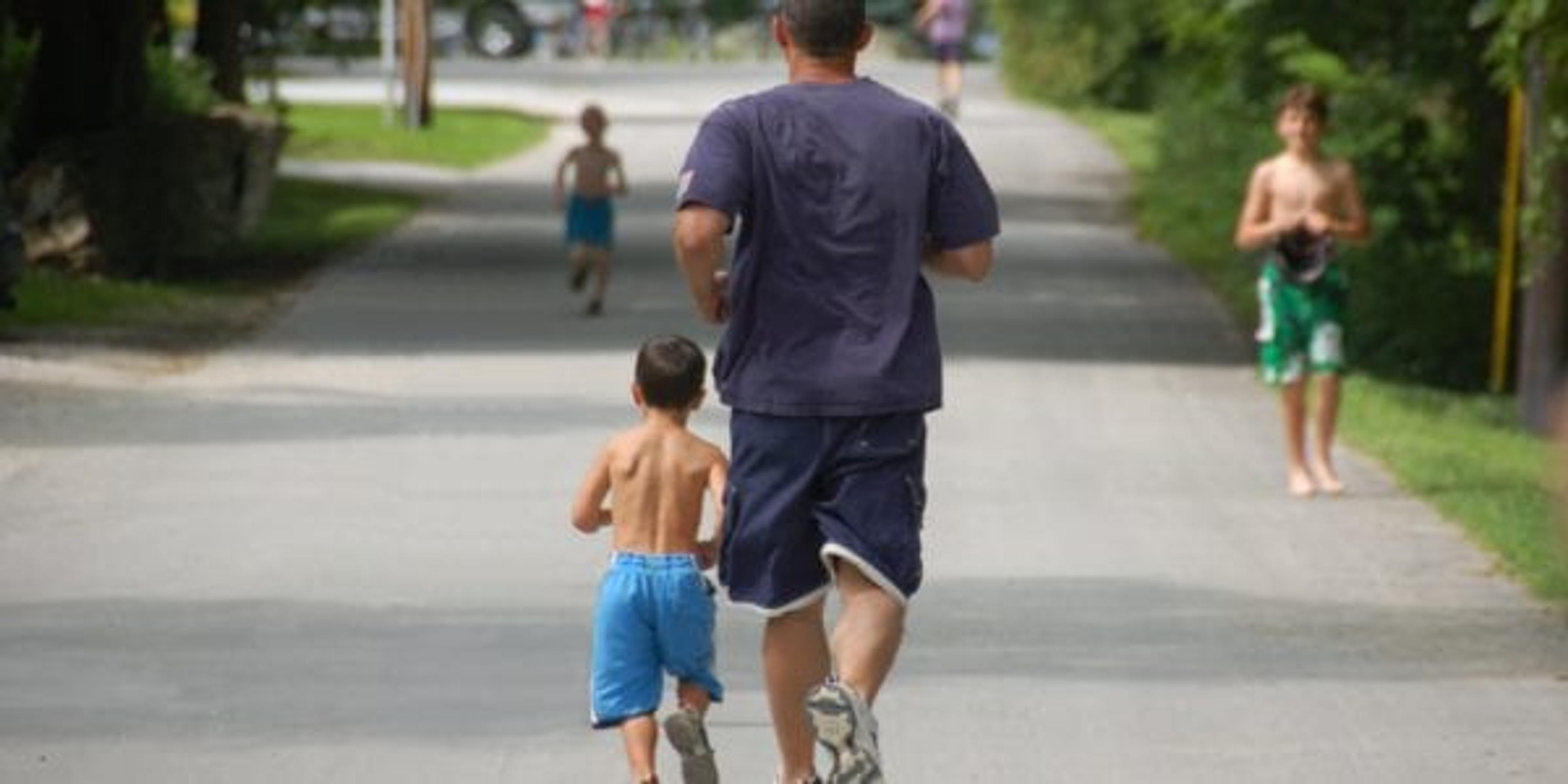Childhood Obesity Awareness Month: Saving Lives, One Child at a Time
| 3 min read

Obesity is often thought of as a problem affecting adults, but it’s also a serious issue for children. More than 13 percent of kids two to five years old in Michigan are obese and another 16 percent are medically overweight. And the trend continues for teens: Almost 29 percent of children ages 10 to 17 in Michigan are overweight or obese. Childhood obesity isn’t just a weight problem—it has a serious impact on a kid’s physical and mental health. Obesity can lead to health issues like high blood pressure, diabetes, arthritis and low self-esteem.
If you have a child who struggles with weight, don’t lose heart. There are plenty of simple steps you can take at home to create a healthier lifestyle for them:
- Encourage healthy eating habits. It can be hard to get your kids to reach for fruits and veggies, but there are plenty of easy ways to sneak some of those healthy foods into their meals. Try adding more vegetable toppings your kid’s pizza or serve a fruit for dessert instead of ice cream. Most kids would also rather drink beverages that are high in sugar, like soda, but you can make plain water exciting by adding fruit, buying silly straws or using fun shaped ice cubes. And remember: As a parent you have control over what food comes into the house. If you don’t buy soda and potato chips, your kids won’t be able to have them as often.
- Help them stay active. Children and teens should participate in at least 60 minutes of physical activity most days of the week. Simple activities like walking, dancing or even biking are great options for remaining active. Put a twist on walking by creating a scavenger hunt, try taking a new dance class together or motivate your kids by putting a cause behind your activities, like doing a family walk for a favorite charity. Use the weekends to get out and explore the state or find a local park to play a game of soccer or enjoy the play area.
- Reduce screen time. You’ll rarely come across a child who doesn’t love to spend time watching TV or playing games. Make an effort to reduce your child’s screen time by setting weekly limits on the amount of time they can spend using electronics. Once the weekly quota gets hit, no more TV or games until the next week. Being a great role model by limiting your own screen will also encourage your kids to do the same.
- Make sure they are getting enough sleep. Studies have revealed that sleep deprivation is linked to childhood obesity. Children under the age of two should be getting no less than 12 hours of sleep, children ages three and four should be getting no less than 10 hours and children aged five to seven should be getting no less than nine hours. If you’re having trouble putting your child to bed on time, try turning off their electronics two hours before bedtime, make sure that the temperature in their room is cool and reducing the light in their bedroom.
No matter the circumstance, you should always remind your child that you are here to support them. If you continue to reinforce positive body image and healthy living, your child will too.
One Blue Cross initiative, #MIKidsCan, is a health site created just for kids and encourages them to get active, select healthy food options and connect with their community. You can sign your child up now to take the pledge and become active.





